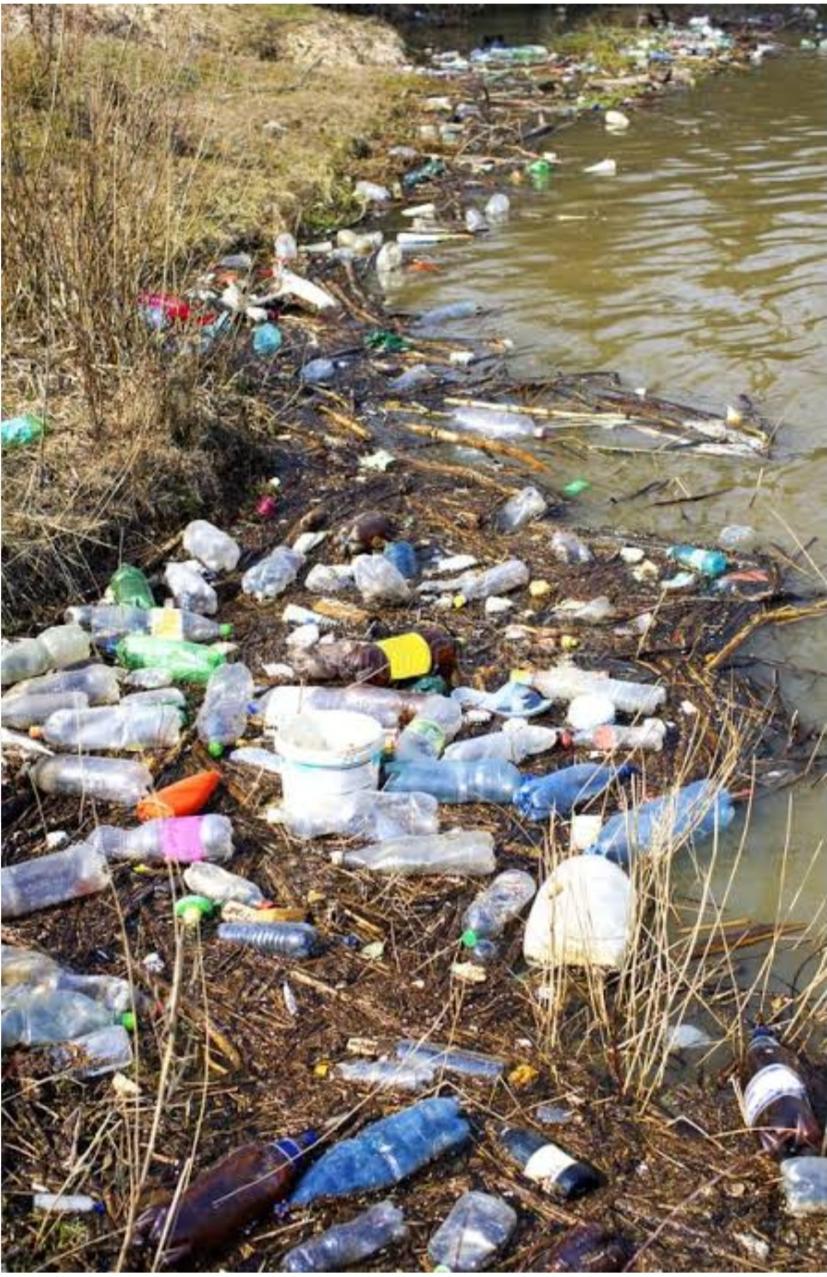Water pollution occurs when harmful substances contaminate bodies of water, making them toxic and unsafe for humans and the environment. Here are some facts about water pollution:
Causes
Water pollution can be caused by many human activities, including:
Point source pollution: Sewage and wastewater treatment plants are the main point source of pollution.
Diffuse pollution: Farming and fossil fuel power plants are the main sources of diffuse pollution.
Spills and leaks: Oil and chemical spills and leaks can contaminate water.
Runoff: Runoff from farming can contain fertilizers and pesticides, while runoff from winter can contain salt.
Construction: Silt and soil from construction sites can pollute water.
Waste: Wash waters and food product spills can pollute water.
Effects
Water pollution can have negative effects on health, the environment, and the economy. Polluted water can cause diseases like cholera, typhoid, and dysentery. It can also disrupt the relationships between species in an ecosystem. Polluted water can negatively impact commercial fishing, tourism, and property values.
Solutions
Here are some things you can do to reduce water pollution:
Avoid using the toilet as a wastebasket.
Install a water efficient toilet.
Run the dishwasher or clothes washer only when you have a full load.
Minimize the use of pesticides, herbicides, and fertilizers

